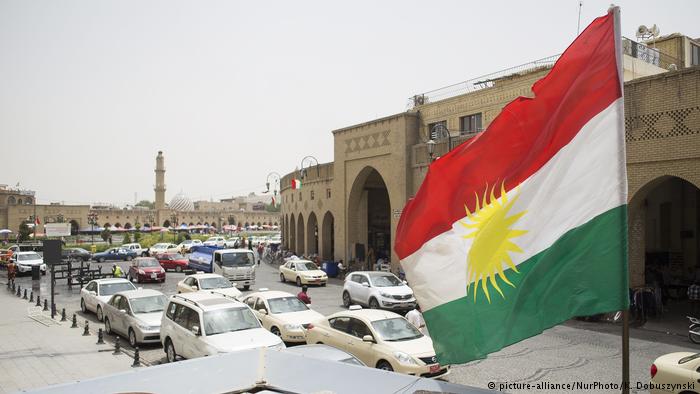
China supports Iraq’s unity, the country’s foreign ministry said on Monday, as voting started in an independence referendum organized by the Kurdistan Regional Government (KRG) in northern Iraq, ignoring the threats of the Kurds’ neighbors.
The vote, expected to deliver a comfortable “yes” for independence, is not binding and is meant to give Massoud Barzani’s KRG a mandate to negotiate secession of the oil producing region with Baghdad and neighboring states.
The referendum is being held despite intense international pressure on Barzani to call it off, amid fears that it would spark fresh conflicts with Baghdad and with Iraq’s powerful neighbors, Iran and Turkey.
“The Chinese government supports Iraq’s sovereignty, unity and territorial integrity,” Chinese Foreign Ministry spokesman Lu Kang told a daily news briefing, when asked about the referendum.
“We hope the relevant sides can resolve the differences via dialogue, and find an inclusive solution that takes into account history and reality, to jointly protect Iraqi and regional stability,” Lu added.
This will help promote Iraq’s rebuilding and counter-terrorism efforts and accords with the joint interests of countries in the region and the international community, he said.
China, a permanent member of the UN Security Council, is generally a low-key player in the Middle East despite its reliance on the region for oil, but has been trying to get more involved, for example by appointing a special envoy for the Syrian crisis.
China says it adheres to a policy of non-interference in other countries internal affairs, but it generally takes a dim view of independence or secessionist movements around the world.
At home, it contends with what it says are separatist movements in its western regions of Tibet and Xinjiang, and has repeatedly expressed concern that self-ruled Taiwan, claimed by Beijing as its own, could declare formal independence.
However, Beijing has expressed more openness toward independence votes when both sides have agreed to them, such as Scotland’s unsuccessful 2014 referendum to leave the United Kingdom, and South Sudan’s 2011 vote in favor of independence from Sudan.




